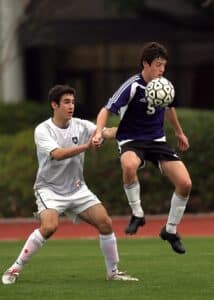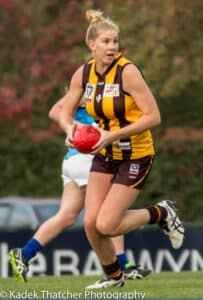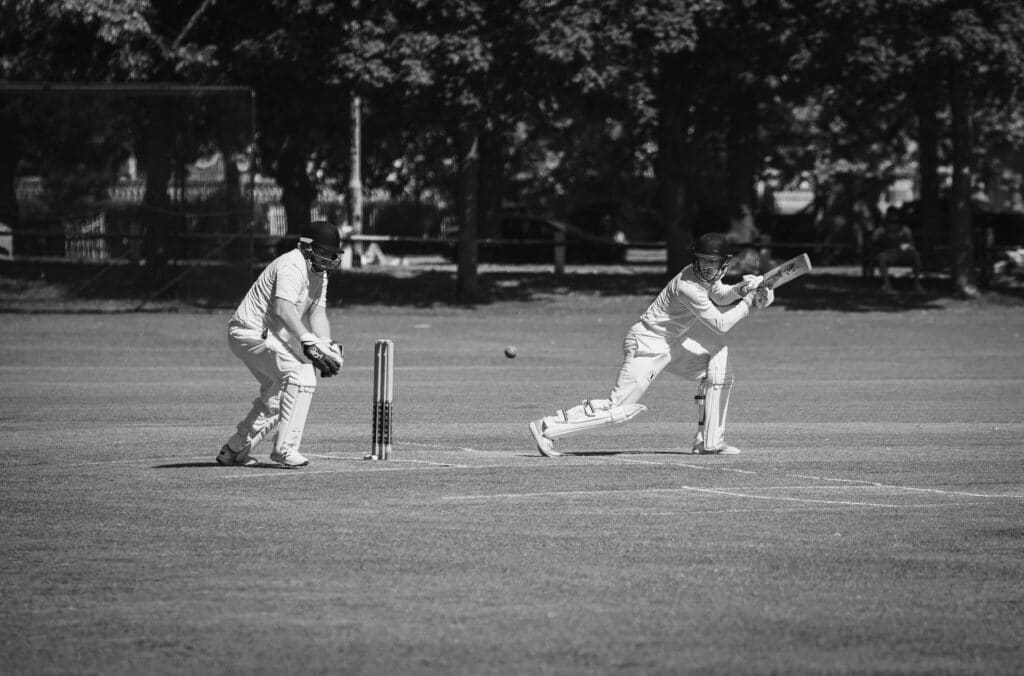How to train at your best
What we’ll cover
How to train at your best
With a number of winter codes such as football, soccer and netball underway, the importance of pre-season and training smarter rather than harder is essential. Our physiotherapist Sarah Yule highlights her top tips on staying injury free and performing at your best during pre-season and in-season.
The importance of pre-season training
Pre-season training is critical to the success of an athlete regardless of their age or skill level. It allows you to improve your sporting performance as well as reduces your risk of injury. Therefore pre-season training allows you to enjoy your sporting season more.
Individuals who do not complete a proper pre-season training period can put large amounts of strain on their bodies once the competition starts. This increases the risk of acute sprains and strains as well as overload injuries such as stress fractures and tendinopathy. Growth plate injuries such as Severs and Osgood-Schlatters are also a risk if individuals do not partake in pre-season training. Of course, minimising or avoiding injury also dramatically improves the changes of training regularly and performing at your best come game time.
Train Smarter
The risk of an injury can increase with quite small changes of load. Load is the term we use for the amount of activity performed and training load is the product of volume times intensity. A significant increase in injury risk occurs when an athlete’s weekly load changes by approximately 10% (increase or decrease in load). Therefore it is important to be mindful of your training load (increase and intensity) during sessions.
Majority of injuries that occur during the first few weeks of a competition stem from an inadequate pre-season and could easily be prevented. Preventing an injury is always better than finding a cure for one.
What to focus on during training:
Pre-season (6-8 weeks prior to season start)
Focus on:
– Improving general muscular strength, flexibility and aerobic endurance
– Sport specific movement patterns/ skills
In season (length of individual sport fixture)
Focus on:
– Maintenance of muscular strength and aerobic endurance to prevent deconditioning
– Sport specific movement patterns/ skills
Helpful Tips to Train Smarter:
– Stay active even when you are not in season
– Cross train – participate in multiple different sports to help avoid repetitive motion/overuse injuries
– Complete a proper warm up and cool down as part of every training session
– Consistency is key – our bodies do not like rapid increases and decreases in training load (as a general rule aim to keep the weeks physical activity within +/- 10% of the previous week)
– Increase specificity of training to your individual sports (eg. Netball requires lots of short sharp sprints whereas football requires longer sprints).
– If you are unsure what you should be completing as part of your pre-season training program, book in to see one of our qualified physiotherapists who will assess and assist in creating an individualised training program for you.
Our physio Sarah’s experience with pre-season training
“Having played state league netball and football over the past 10 years, I have found that completing a comprehensive pre-season training regime has been crucial in keeping me fit and able to get the most out of my sporting performance. By completing comprehensive pre-season conditioning and maintaining my training throughout the season, I have not missed a game due to injury during the past 2 years, thus have been able to maximise my time out on the court/field and was ultimately able to join in on my team’s premiership success.”
At Malvern East Physiotherapy, our physiotherapists have extensive experience in a range of winter codes both from their personal and professional experience. Book online or call us today to ensure you are set up for your best season.



